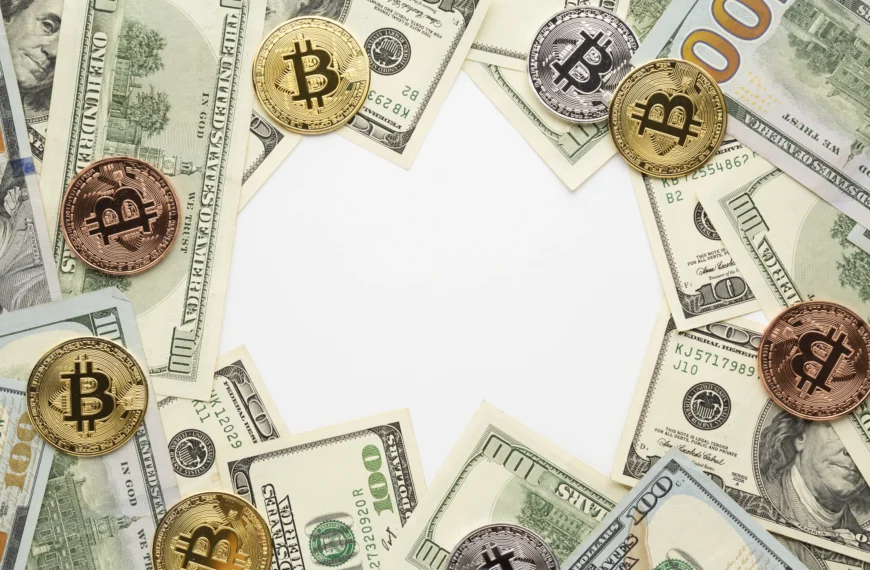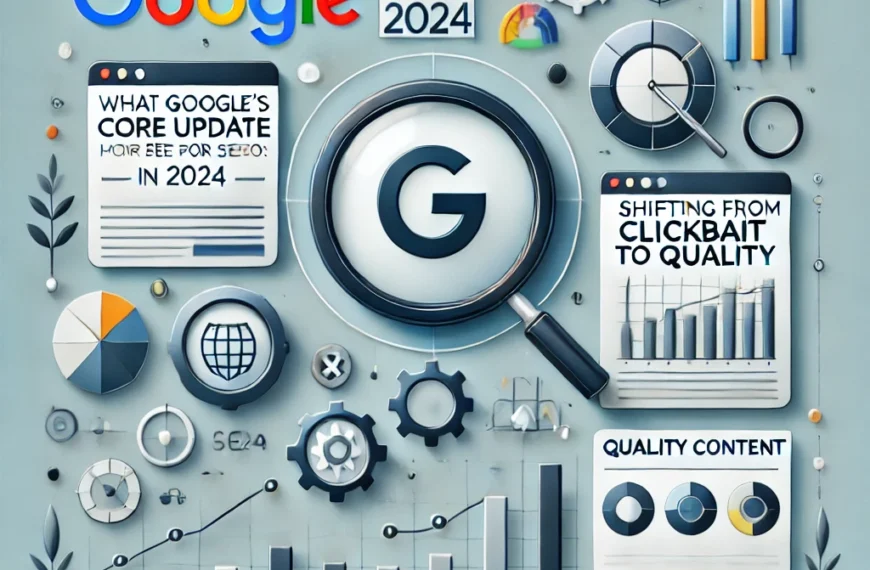Just when you thought international relations couldn’t be dramatic, Donald Trump threw a diplomatic curveball from left field. In a March 28 phone call with Canadian Prime Minister Mark Carney, Trump floated the idea—again—that Canada should become the 51st state of the United States. And no, he swears he’s “really not trolling.”
Carney, ever the diplomat, basically responded with the verbal equivalent of a polite Canadian shrug: “Let’s agree to disagree.”
Of course, this latest brainstorm comes conveniently timed with the announcement of new 25% U.S. tariffs on Canadian imports—because if you’re going to pitch annexation, you might as well sprinkle in some economic arm-twisting for good measure.
Table of Contents
Where Did This Idea Even Come From?
You might be wondering: Did Trump pull this out of thin air, or was there a dusty playbook somewhere?
Turns out, dreams (or nightmares, depending on your address) of Canada joining the U.S. aren’t exactly new. Way back when, during the American Revolution and the War of 1812, the U.S. tried militarily to bring Canada into the fold. Spoiler: it didn’t go well.
Fast-forward a few centuries, and Trump’s revival of this fantasy seems more like a publicity stunt than a serious geopolitical strategy. Still, he’s pitched it with surprising persistence, claiming shared values, a “common destiny,” and of course, “tremendous real estate opportunities.”
Because why focus on complex trade negotiations when you can propose a friendly takeover instead?
Canada’s Reaction: Eye Rolls or Real Concern?
If Canadians collectively rolled their eyes any harder, the Earth might have tilted off its axis.
Prime Minister Mark Carney swiftly shut down the notion, reminding everyone that Canadian sovereignty isn’t exactly up for grabs at a White House garage sale.
Public opinion polls mirror this rejection: only about 10–13% of Canadians said they’d even entertain the idea. That’s roughly the same percentage of Canadians who think pineapple on pizza is a war crime, meaning Trump’s proposal is firmly in “hard no” territory.
Instead of sparking serious debate, the whole fiasco has ended up boosting nationalist sentiments in Canada, making Carney’s Liberal Party the political equivalent of maple syrup in an election season: suddenly very popular.
Political and Economic Implications: A Wild What-If
But let’s say, for the sake of argument (and comedy), that Canada somehow said, “Sure, we’ll be State #51.”
What would happen?
First off, the U.S. political map would have a meltdown.
Canada’s liberal-leaning population would hand the Democrats a comfortable House majority and seriously shrink the GOP’s Senate margin. The Republican Party’s worst nightmare, wrapped in a warm, apologetic Canadian accent.
Economically, the merger would create a powerhouse with enormous natural resources, high-tech industries, and, crucially, a much stronger healthcare system—though good luck convincing Americans to accept free healthcare without some kind of civil uprising.
Also Read: Can Trump’s 8-Point “Cheating” List Reshape Global Trade Rules?
Culturally, Americans would have to get used to hockey taking precedence over the Super Bowl, and Canadians would need to brace for Thanksgiving moving back a month and the slow, horrifying disappearance of “eh” from common parlance.
In short, it would be chaos, hilarity, and one giant identity crisis on both sides.
Is This Just Another Trumpian Distraction?
Let’s be real—this smells suspiciously like classic Trump strategy: Throw a wild headline into the world to distract from more painful realities.
Like those nasty new tariffs on Canadian goods. Or ongoing questions about trade agreements. Or, you know, a re-election campaign that’s thirstier for attention than a teenager on TikTok.
By proposing something so absurd, Trump gets everyone talking about annexation fantasies instead of tariffs, inflation, or foreign policy headaches.
Mission distraction: accomplished.
Conclusion: Dream, Joke, or Political Gambit?
So, is Canada about to apply for U.S. statehood?
Short answer: Absolutely not.
Long answer: Absolutely, 100%, laugh-out-loud not.
While Trump’s proposal may make headlines and rattle a few nerves, it’s clear this is more political theater than serious policy. Canadians aren’t lining up to swap Tim Hortons for Dunkin’ Donuts, and no amount of presidential enthusiasm is likely to change that. Still, in a world where political absurdity is almost an Olympic sport, Trump’s latest 51st state gambit will be remembered as a punchline, not a plan.












